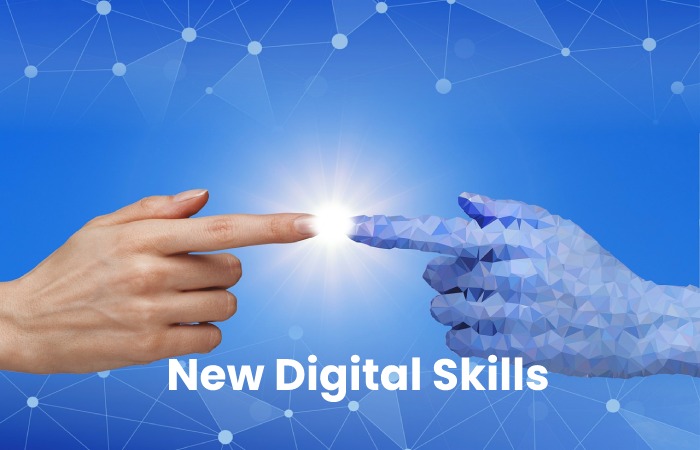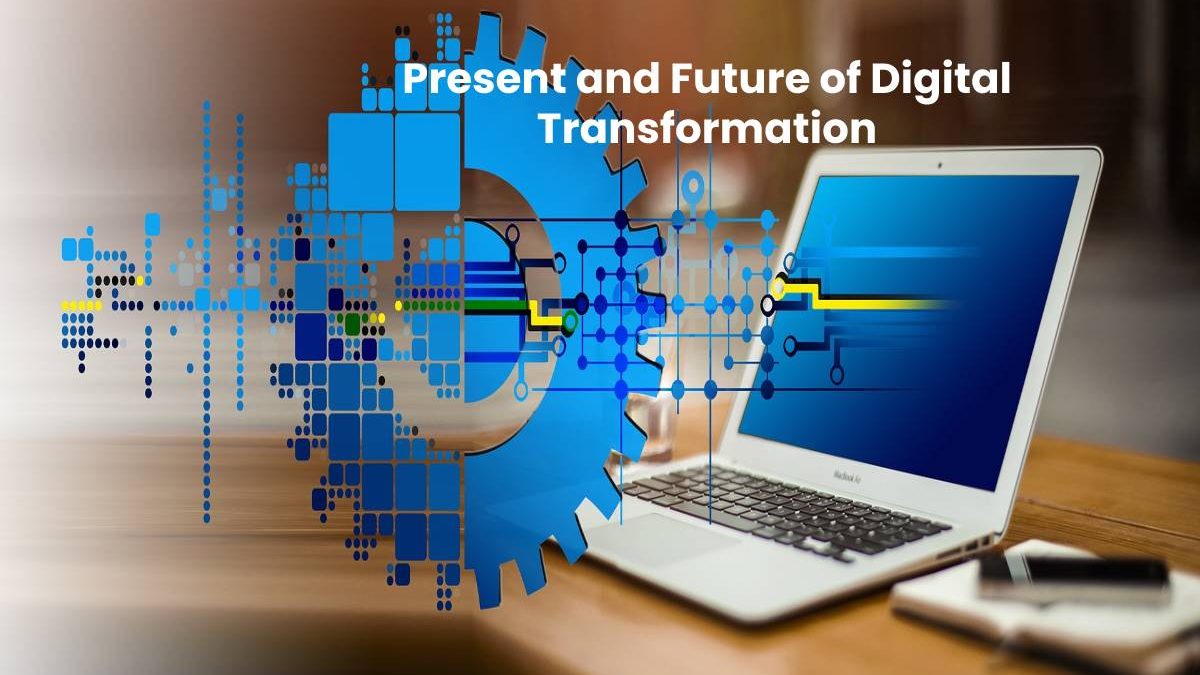We can define digital transformation as the digitization of the business model and the reinvention of companies arising from the development of new technologies. New digital demands and needs arise, causing a global change in the business framework, management, and structures. And, on a large scale, in the traditional world economy model.
Table of Contents
Are we living in a Digital Revolution?
To this day, the debate on the concept of the digital revolution is latent. Experts discuss whether the digital transformation, the rapid development of information technologies, and the innovation of digital systems can already be considered an unprecedented digital revolution.
In contrast, there are also experts for whom the digital revolution has not yet arrived, like Tomás. Who assures that what is to come will indeed be a true digital revolution. “This has just started. We have to think that many sectors still see the digital boom far away and that they will need to be attentive to the changes”.
Change to Fit the Digital Age
We are at a point of no yield in which, to join this new paradigm, people and companies must adapt to the digital environment. The rapid evolution of technology requires, in turn, rapid adaptation to changes.
The need for adaptation is not only caused by digital advances but also by the change in behavior and habits that people have suffered and that, therefore. Demand the creation of new models and structures facilitated by new technologies. Professionals and companies are preparing for a new digital scenario by incorporating technological tools that allow them to optimize their processes.
Digitization is no longer an option. For Gallardo, “the greatest impact that digital transformation is having on both people and companies is forcing us to internalize a constant process of adaptation as one more characteristic of our day-to-day lives. The most important change is that there is no longer an option.”
New Digital Skills

The digital transformation causes professionals to find themselves in need, almost the obligation, to adopt new digital skills. Proper training and adaptation to the digital age are essential for companies to enter the online environment successfully.
Tomás affirms that digitization is leading us to significant behavioral changes. “We must develop a series of skills that allow us to be up to date and continue adding value with our work and knowledge. That idea of ”I’m too old for that” or “for me, the train has already passed” is no longer valid. We need to get back to feeling that uncomfortable feeling when you’re new to something again.”
Will the World Economy Model of the Future be Digital?
More and more business sectors are beginning digital transformation processes and integrating new technologies into their management models. This trend is increasing considerably and is expecte to grow exponentially in a few years. Therefore, the traditional economic model as we know it could give way to a digital world economy model.
On the question of whether the economy will be digital, Tomás remains cautious and affirms that “the economy will continue to be governed by the same principles. But that there will be changes in many processes, such as payment methods. Financing or business models.” Regarding the sectors that will first notice the change, he considers that it will be Fintech, Insurtech, and Tourism and, in the medium term, health, education, and the agricultural market, among others.
The Importance of Digital Transformation
The opinions of these five experts are diverse. Still, they all agree that the digital transformation is changing the traditional structures and models with which society has been operating until now. The debate about what the future grips for us will be like is more alive than ever. Because we can already glimpse the point at which technological innovations will arrive.
Whether the product we buy comes from our city or another part of the world, it no longer matters because both options are within our reach. We order food at home through our mobile phones. Take a taxi by tapping the call button in an app. We buy discounts on the internet that we then redeem at the ticket office. We sell what we do not use through an application that offers us a virtual shop window. The list goes on, but it is only a tiny dose of everything to come.
Conclusion
Digital transformation remains the adoption of digital technology by a company. Common goals for its implementation are to improve efficiency, value, or innovation.
Also Read: Production Process: What Types are there and What are Their Stages


